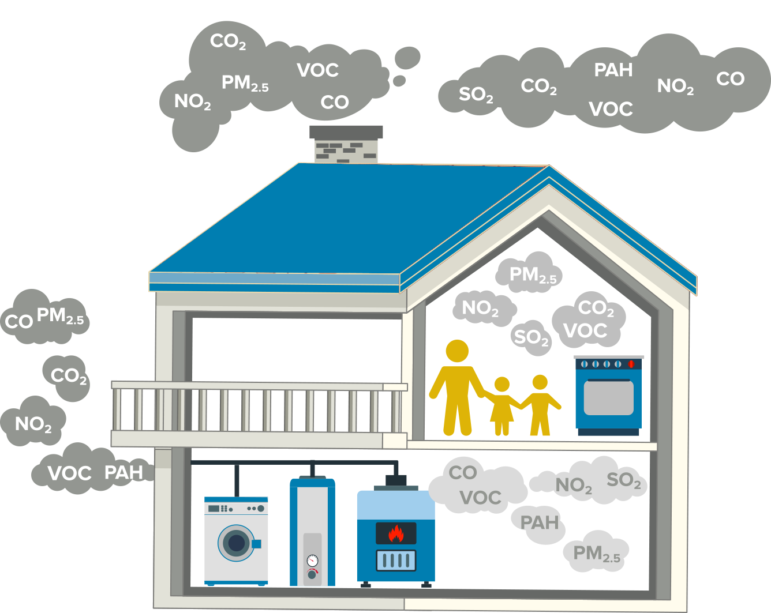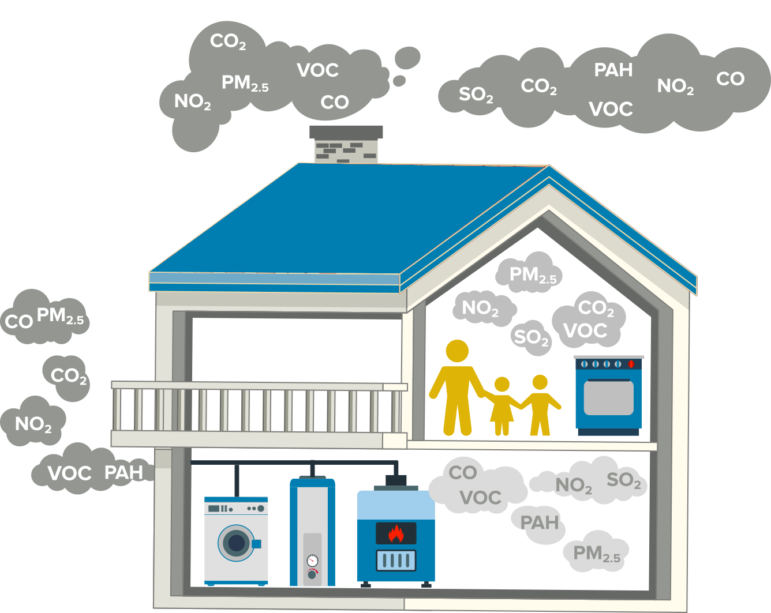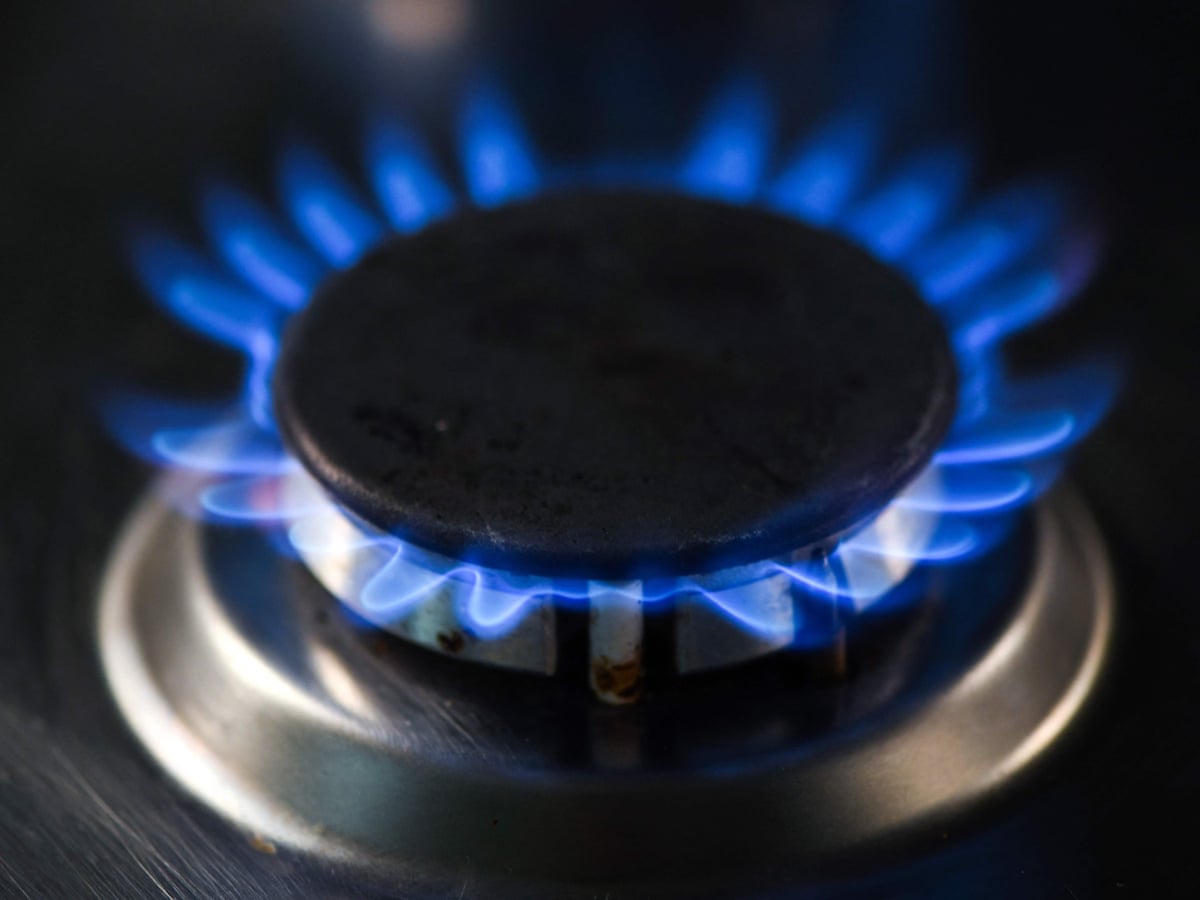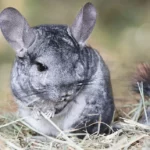Are There Any Dangers of Natural Gas in Homes With Children and/or Pets?
Natural gas is used for heating, cooking, and other purposes in many homes across the country. It offers convenience and can be more affordable than other fuel types. However, natural gas, like other household fuels and utilities, does come with some safety considerations - especially in homes with curious children or pets.
In this article, we'll break down the potential dangers of natural gas leaks or accidents, look at why kids and pets are most vulnerable, provide essential safety tips all families should follow, and explain how to detect and respond to gas leaks. Armed with this information, parents and pet owners can rest easier knowing how to safeguard their families.
The Risks of Natural Gas Exposure
Natural gas itself is non-toxic - the risks come from it displacing oxygen, leading to suffocation, as well as its flammability and potential to ignite from even a minor spark. The main dangers of natural gas exposure in the home are:
- Asphyxiation: Natural gas leaks can rapidly replace breathable oxygen in an enclosed space. Breathing it in causes nausea, dizziness, unconsciousness and even death by suffocation. Larger concentrations intensify these effects.
- Fire & Explosion: Natural gas can ignite from a flame or spark. If concentrated enough, it can cause violent explosions damaging property and endangering lives. Most gas-related fires occur in kitchens and laundries.
- Carbon Monoxide Poisoning: When natural gas burns incompletely from poor ventilation or appliance issues, carbon monoxide is released. This colorless, odorless gas is highly poisonous even in small amounts. Symptoms range from dizziness, confusion, chest pain and vision problems to seizures, coma and death.
Why Kids and Pets Are Most at Risk
Children and pets face higher risks from gas leaks for a few key reasons:
- Heightened Sensitivity: Young children and pets experience more severe effects from inhaling dangerous gases like carbon monoxide and methane. Children absorb CO faster and their developing bodies struggle to process it.
- Inability to Recognize & Respond to Leaks: Kids and pets can't detect the smell added to natural gas like adults can. They also don't understand the danger or what steps to take - like evacuating and alerting parents.
- More Time Indoors: Children and indoor pets spend more time in the home exposed to potential gas leaks versus adults coming and going. Pets are also lower to the ground where some gases concentrate first.
- Innocent Curiosity & Mischief: Kids and pets explore, sniff, nibble and sometimes damage elements of gas appliances and pipework through innocent curiosity or mischief. This can inadvertently ignite or accelerate leaks.
Prevention Basics: Reducing Home Gas Risks
The best approach for families is an ounce of prevention through safety awareness and gas leak prevention. Key steps include:
- Install carbon monoxide and gas detectors: Have at least one of each in sleeping and common areas. Choose units meeting current safety standards - test and replace batteries twice annually.
- Maintain appliances and pipework: Arrange professional annual checks and servicing for furnaces, stoves, water heaters and other gas units. Fix drips, damage or corrosion immediately. Ensure outdoor vents aren't obstructed.
- Use range hoods when cooking: Properly venting gas ranges pulls out carbon monoxide, moisture and odors. Use exhaust settings whenever the stove or oven is on.
- Speak to kids about dangers: Educate kids on the basics of gas safety in an age-appropriate way. Discourage them from playing around appliances, vents or meters. Applaud, don't scold them for reporting odd smells or symptoms.
- Limit pet access: Block off utility and laundry rooms so pets can't access gas appliances. Barriers also protect equipment from fur build-up and curious pawing. Confine dogs when the oven or fireplace are in use.
- Know where your main gas valve is: Ensure all responsible family members can locate the shut-off and would be confident closing it during leaks.
Warning Signs: How to Detect Natural Gas Leaks
Despite best efforts, gas leaks can still occasionally occur. Being able to recognize the signs is key for getting your family to safety promptly. Indications of a gas leak include:
- A "rotten eggs" or sulfur-like odor: Natural gas companies add a distinct scent you should investigate immediately in case it's leaking gas. Be aware odor fatigue can set in so don't ignore it!
- Unusual moisture around appliances: Dripping water or condensation where it doesn't belong could mean a gas leak lurks underneath.
- Dirt or debris blowing from vents: This points to gas escaping at a high velocity.
- Hissing, whistling or roaring sounds: High pressured gas escaping makes noise. Appliances like stovetops will hiss slightly when turned on or off - loud or persistent noise is concerning.
- Dead or dying vegetation in one area: Escaping gas can displace oxygen causing nearby plants to suffer.
- Flickering appliance flames: Orange gas flames dancing around or lifting off burners could indicate a leak. Blue flames behaving erratically also warrant a closer look.
- Unusual pet behavior: If pets suddenly refuse to enter an area of the home or appear ill around certain appliances, trust their sensitive noses!
Responding to a Suspected Natural Gas Leak
If you detect any signs of a potential leak or aren't sure:
1. Evacuate everyone immediately: Get family (including pets) safely out of the home without operating light switches, electronics or appliances on your way. These could spark an explosion.
2. Call the gas company: Do this after evacuating from a neighbors home - not yours! They will dispatch technicians promptly.
3. If leak risk seems extreme, call emergency services too requesting fire crew support. Provide details on the gas type, size of home and nature of the leak if possible.
4. Do not re-enter until officials give the all clear that it's safe to do so. Gas leaks can linger so don't rush back prematurely. Technicians will identify and resolve the exact source then ventilate the property thoroughly afterwards.
In summary, natural gas is a fairly safe utility when handled properly - but still carries risks families need to respect. By putting basic precautions in place, staying alert to signs of leaks and knowing how to respond, parents can effectively minimize dangers from gas to keep kids and pets out of harm's way.






